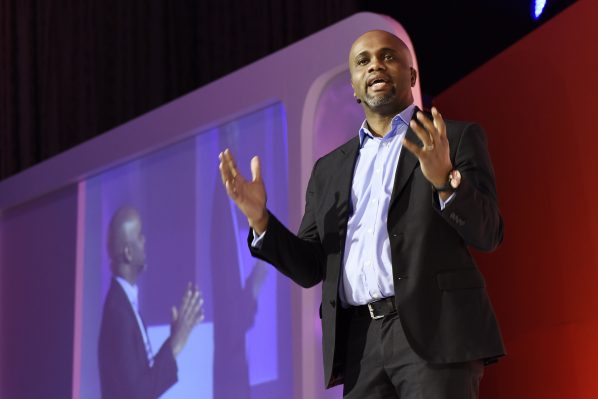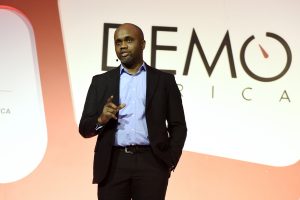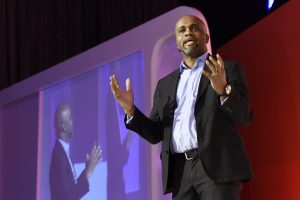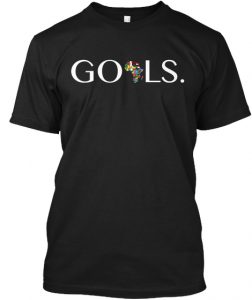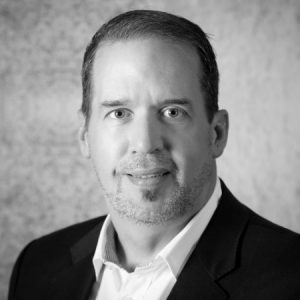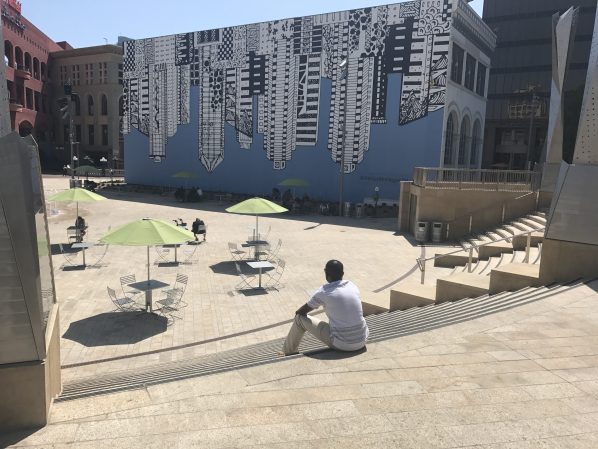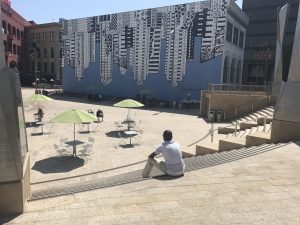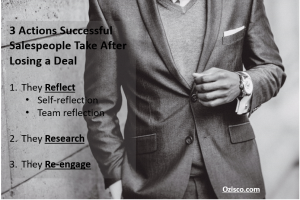The representation of minorities in the tech industry is a topic that should be dear to any reasonable person’s heart. The stats are startling and requires attention and action. According to a 2014 report by the US Equal Employment Opportunity Commission (EEOC), 83.3% of Tech Executives are white, 1.9% are black, 3.1% Hispanic, and 10.5% Asian. The distribution is similar in Management; 76% are white, 4% are black, 4% are Hispanic, and 13% are Asian. Although these numbers are bleak, the opportunity that comes with workforce diversity is valued at almost $400B says CompTIA CEO, Todd Thibodeaux, as reported by techrepublic. Similar conclusions were reached by McKinsey & Company in 2015 and in 2016 by the Pearson Institute for International Economics, who both reported that “a company with more diverse representation in senior management will likely achieve greater profits.”
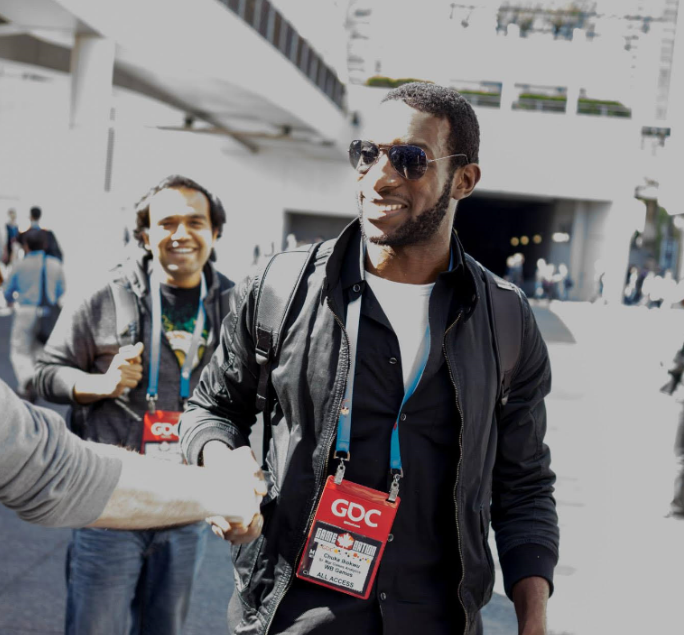
A minority tech CEO and Founder that sees the opportunity in diversity is Chuka, whose company, Divercity, was founded with the sole purpose of increasing the representation of minorities in the tech industry as well as other largely underrepresented industries. He approaches diversity from an objective standpoint, and believes there needs to be an intentional attack on diversity in the workplace for their to be a major effect. Chuka advises we shouldn’t rely on the overrepresented to fix the issue; rather, the minority needs to step up because if we don’t push for it, no one else would.
We spent some time going through the F.I.V.E questions, below are the highlights:
- Tell us about your background and the early inspirations in your career
I moved to the United States from Nigeria in 2000 and studied Economics at the University of Texas, Arlington. After graduating, I got a job as an Analyst at an analytics company in Dallas. Earlier in my career, I had no idea that being black meant anything in the US and was oblivious to race. I was the only black person at the company and felt there was a higher standard for me. One of my supervisors would watch constantly over my shoulder and drill me about my work. It was a tough working environment. [Interestingly, according to a 2017 study from Kapor Center for Social Impact and Harris Poll, unfair treatment in the workplace is the single largest driver of turnover in the tech industry.] It was no coincidence that a few weeks later, the supervisors called me into their offices and said they have to let me go. I eventually understood the color of my skin and me standing out was different and uncomfortable. Following that experience, I applied and got a job at Deloitte. After a few years, I decided to go back to school and attended MIT, where I obtained my MBA. Following the MBA, I worked at Yahoo, where I ran Business Development Operations for a few years and later joined Ubisoft as the first Analytics Manager. Having also subsequently ran analytics teams at Warner Bros and Unity, I often felt lonely always being the minority and wanted to do something significant about it. This drive led me to build a platform to connect companies with minority professionals. In 2016, my co-founders and I conceived the idea of Divercity. It was that moment I committed to being part of the solution. My goal was to make it easy for minority aspirants to connect with each other for mentorship, knowledge sharing, and recruitment. I’ve been bootstrapped since then and have a team of 10 people across Los Angeles, San Francisco, Lagos, Europe and Australia.
2. What surprised you the most about your journey so far?
As a company in the pre-seed stage, what has surprised me the most is the difficulty in raising capital as a black entrepreneur. The standards are higher and there is a lower level of risk tolerance. It’s an even harder sell when I pitch to black VCs. It may be environmental or racial, but I think it’s a combination of both. The fact is there is a small number of Black VCs, which means there’s an over subscription which means they get a higher number of inquiries from Black founders so they are super selective. You may not even get the gift of a No. This is when you get a response with saying No or check back later. Most times, it’s silence. What keeps me going and excited is that we are trying to solve a problem that is real and relatable. The solution is a necessity, and with necessity comes conviction. The solution will eventually emerge, with or without funding. The timing is good for us, as we’ve been getting a lot of support. With movements such as #TimesUp, #BlackLivesMatter, #MeToo, #OscarsSoWhite, and other societal awareness, we believe the timing is good for us.
3. What is your unfair advantage?
We’ve built a job marketplace from scratch with diversity and inclusion at the forefront. Right now, a lot of the platforms don’t have that in place – Linkedin, Angellist, etc. In our platform, we encourage you to self identify ethnically and genderly. We are encouraging people to trust us with that information because we can use it to connect them to the right company. Our team is nimble and agile but we are made up of minorities and underrepresented, so we understand the problem firsthand and we have the skillset to build a solution. Even for Diversity and Inclusion Leaders, they can use our platform for better targeting and get faster results. No more trying to travel to career fairs and conferences with hefty entree fees and not to mention, the time spent traveling and travel expenses that can quickly add up. Our main customers are companies looking to increase diversity.
4. What’s been the most pivotal sacrifice so far and what advice do you have for others?
Well, my dad would be the first to let you know that the reason I am not married is because of my startup. Building a company from scratch takes a lot of time and money and more money. I do intend to settle down. I want to have a sense of purpose rather than live a traditional life. If I can have both, amen to that. I feel like I am living my purpose now, and I realize it’s a journey. There are milestones that I reflect on like a successful launch, scale, brand affinity, exit, etc. My main source of joy is being able to facilitate opportunities for people through our platform, advice, funding, and just helping them chart their part towards their own purpose. My hope and dream is to be remembered for having tackled the diversity and inclusion issue and paved the way for aspiring minority entrepreneurs. My biggest fear is that it would take a long time to materialize, and I am not a patient person by nature. Failure is not an option.
My advice is to have resilience and grit. You’ve probably heard some crazy stat that 9 out of 10 entrepreneurs fail. But what you don’t hear is that 9 out of 10 entrepreneurs give up. It’s one thing to pivot, change, or exit, it’s another thing to just give up. There’s a difference between something failing and something taking a while and you making amends to get to your goal. Make sure you’re solving a real problem and I recommend people do something centered around their passion.
5. What is the best piece of actionable advice you’ve received that continue to be a source of inspiration in good times and challenging times?
There are two that stand out. The first is by Winston Churchill – “Never give up.”
The second is from my Dad. He said whenever I drive to make sure I drive for the people around me. Pay attention and be aware of their mistakes. Learn from other drivers around you. Driving is not one dimensional. Most times, you’re usually not the only person on the road. You’re a better driver when you pay attention to other drivers. It ensures you are safe, careful, and observant, not just for yourself but for people around. When I apply that thinking to anything I do, I tend to get success.

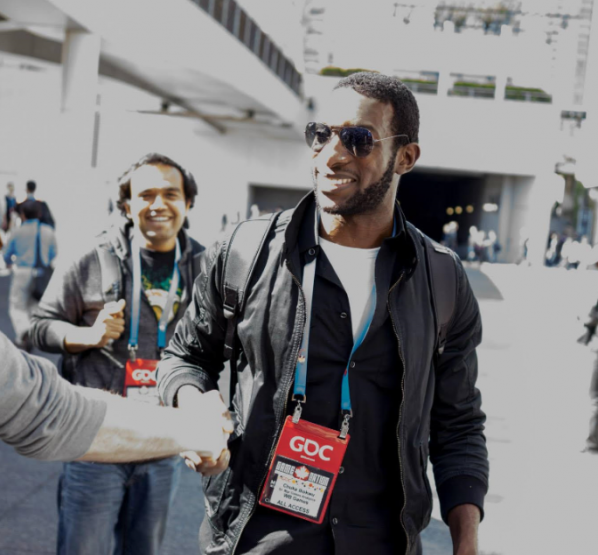

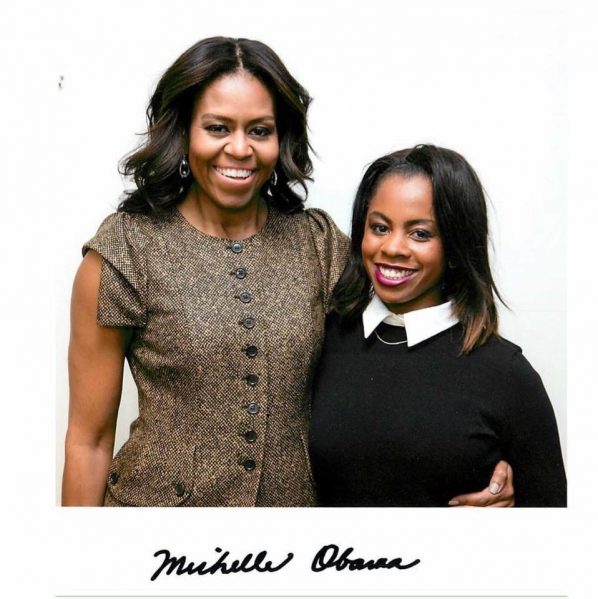

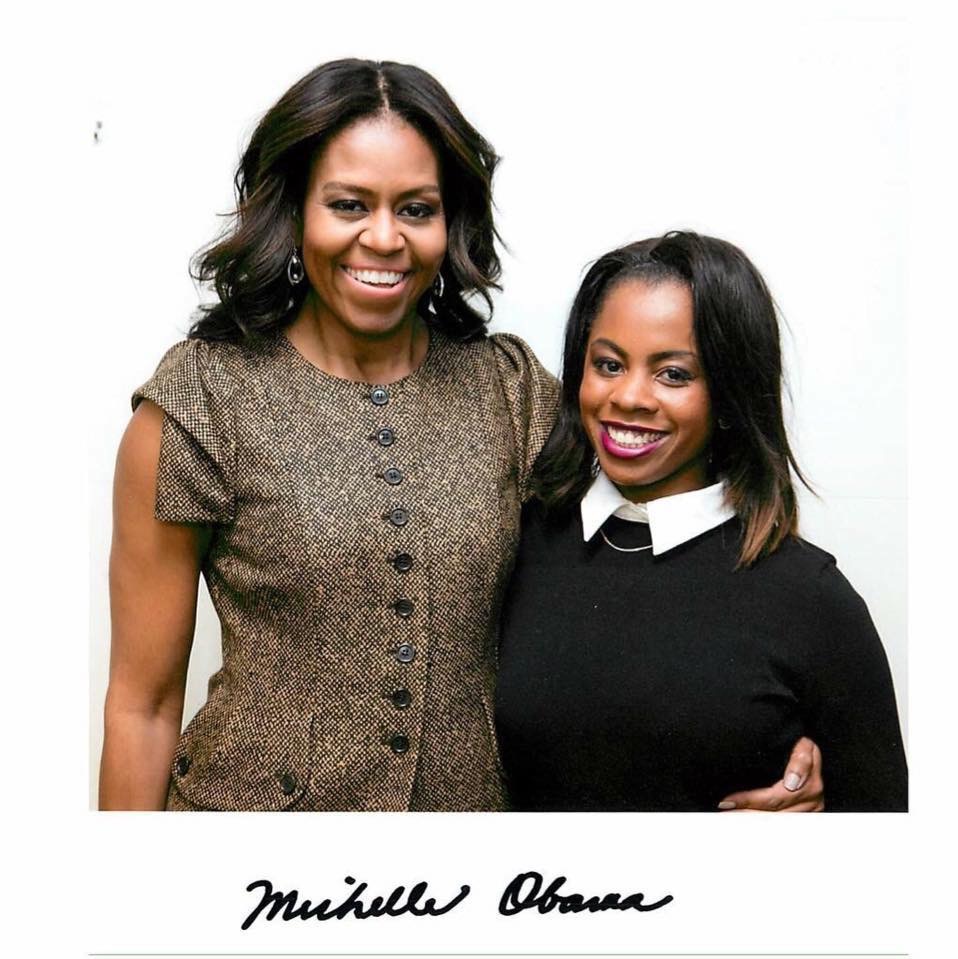
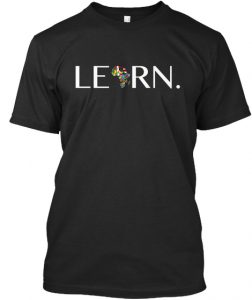
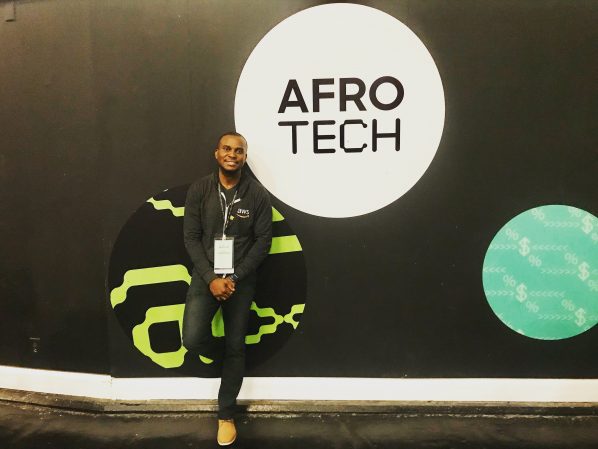

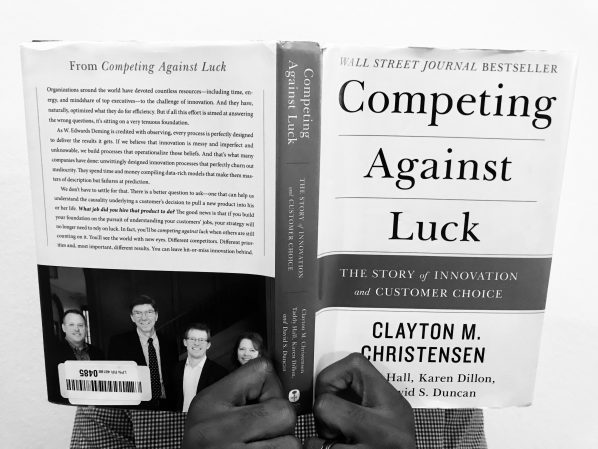
 This book has changed my perspective on why customers hire me as a salesperson. The more clarity I have, the more I can help the customer make progress towards completing the job. If there is a misalignment in the requirements of the job, it would most likely be a frustrating experience for me and the customer.
This book has changed my perspective on why customers hire me as a salesperson. The more clarity I have, the more I can help the customer make progress towards completing the job. If there is a misalignment in the requirements of the job, it would most likely be a frustrating experience for me and the customer.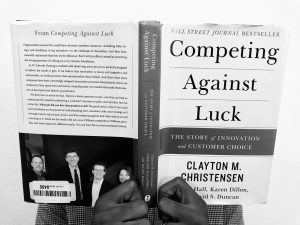
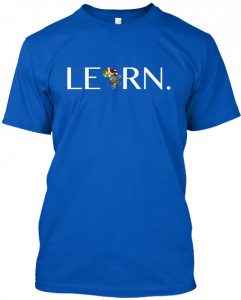
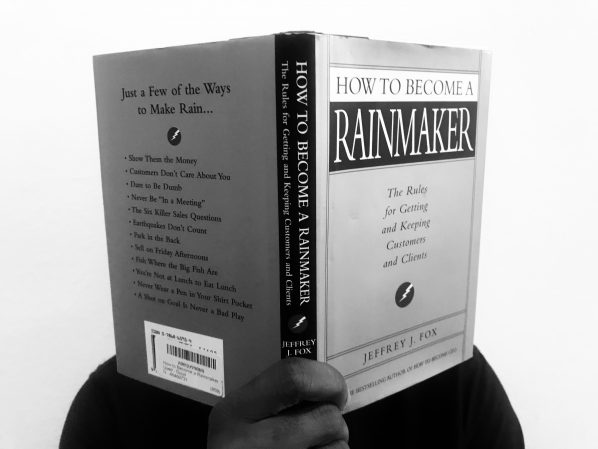
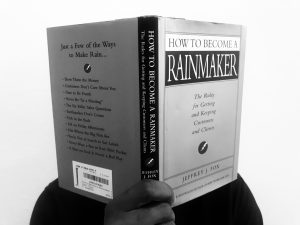
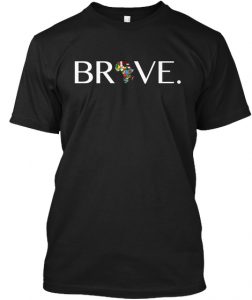

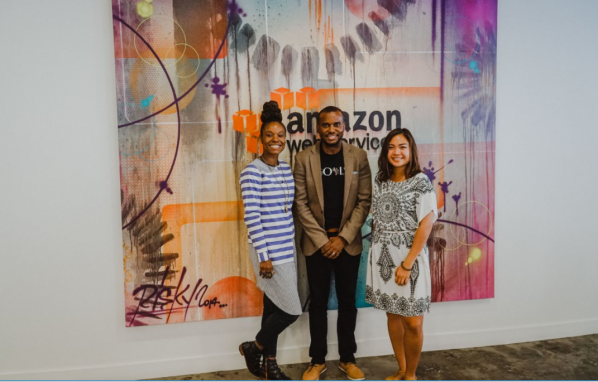

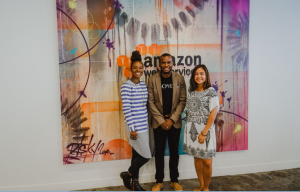
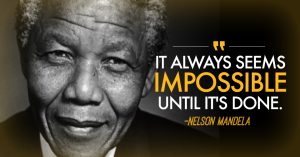 That is something that I live by. It reminds me that regardless of appearances, if you have a dream, you have to just go for it. His life like so many others was a true testament to that fact. Whenever I am facing a challenge personal or otherwise, I turn to that quote to remind me that anything is possible.
That is something that I live by. It reminds me that regardless of appearances, if you have a dream, you have to just go for it. His life like so many others was a true testament to that fact. Whenever I am facing a challenge personal or otherwise, I turn to that quote to remind me that anything is possible.

